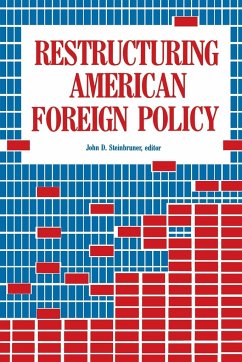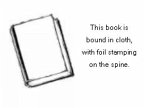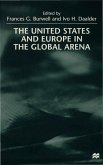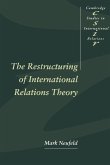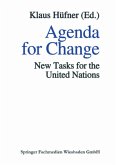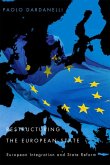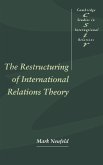" In the final days of this century, the United States will need to amend the core of its foreign policy-a formidable task in a large democracy. American thinking, still grounded in post-World War II perceptions, has failed to keep pace with the demands of a changing world. New realities in the U.S. and international economies, in security conditions, and in world politics call for restructuring American foreign policy. The policy experts contributing to this volume state the process of public debate that must precede the hard political choices ahead. Barry P. Bosworth and Robert Z. Lawrence consider the ramifications of an American economy no longer an implicit source of leverage in pursuing policy objectives. William W. Kaufmann prescribes ways to preserve international commitments and ensure American security in spite of fiscally constrained defense budgets. John D. Steinbruner discusses efforts to achieve a more stable military balance. In a related chapters, Kenneth Flamm and Thomas L. McNaugher propose a redraft of American investment patterns to make the defense technology more consistent with contemporary security requirements. All of this domestic restructuring will take place within the constraints and opportunities created by recent changes in China and the Soviet Union, continued economic expansion in Japan, and persistent unrest in the Middle East. Harry Harding and Ed A. Hewett review the prospects for reform in China and the Soviet Union. Harry Harding and Edward Lincoln describe the surge in many Asian economies and the increased importance of Japan as a world power. And in the final chapter, Harold H. Saunders turns attention to the Middle East, where identifying desirable solutions continues to be far easier than finding realistic methods for achieving them. The inauguration of a new administration creates an opportunity for political debate, a new conceptual focus, and effective political consensus. Restructuring American F"
Hinweis: Dieser Artikel kann nur an eine deutsche Lieferadresse ausgeliefert werden.
Hinweis: Dieser Artikel kann nur an eine deutsche Lieferadresse ausgeliefert werden.

